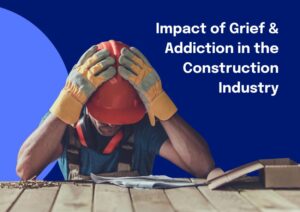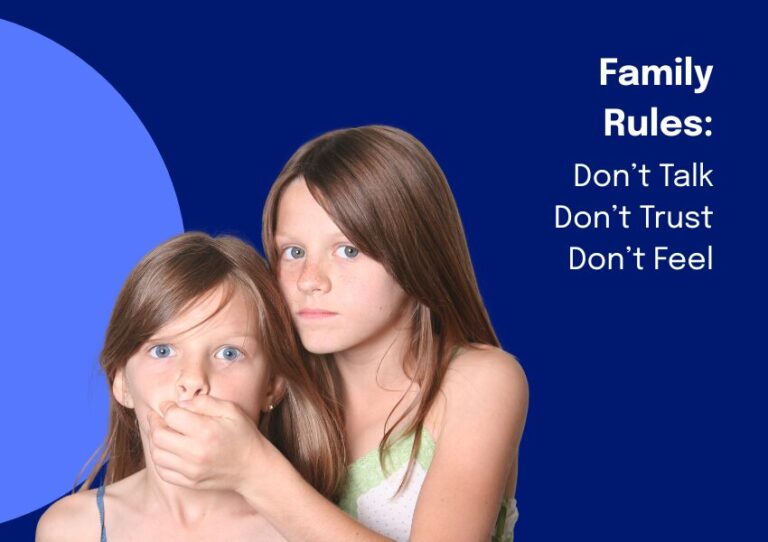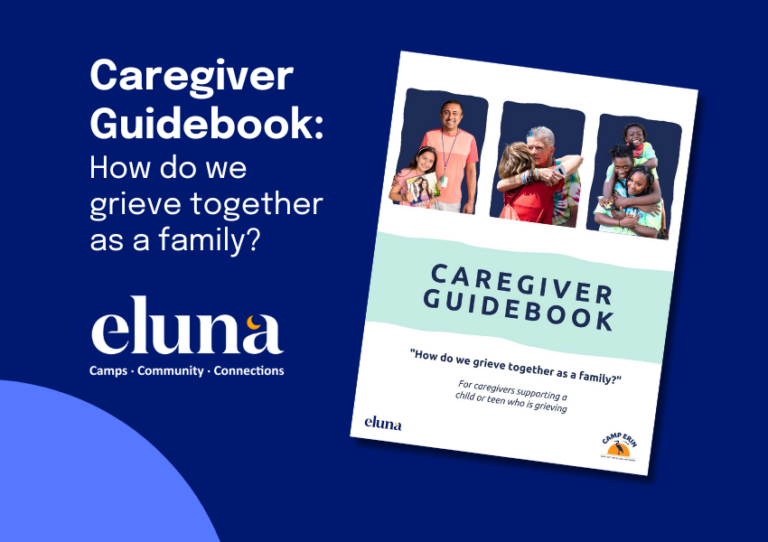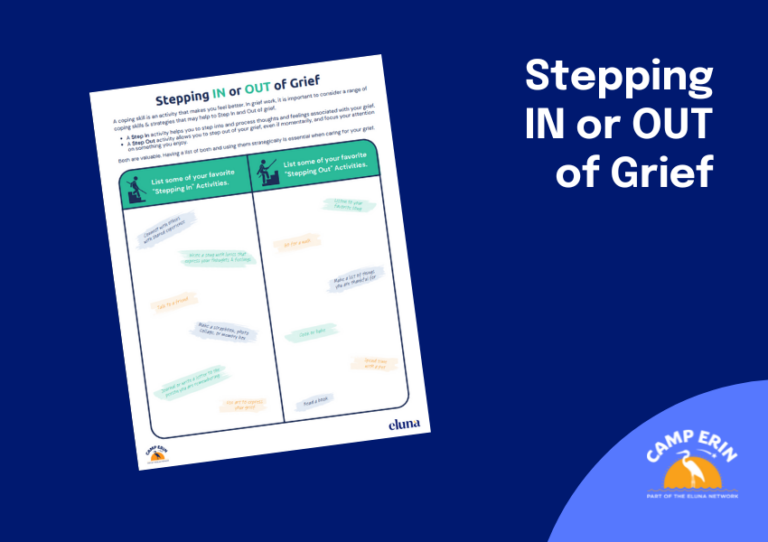Impact of Grief and Addiction in the Construction Industry
 In the fast-paced, physically demanding world of the trade industry, grief and substance misuse often remain unspoken struggles. Behind the hard hats and steel-toed boots are individuals carrying heavy emotional burdens—whether it’s the death of a loved one, the loss of a colleague, or the challenge of navigating a family member’s addiction.
In the fast-paced, physically demanding world of the trade industry, grief and substance misuse often remain unspoken struggles. Behind the hard hats and steel-toed boots are individuals carrying heavy emotional burdens—whether it’s the death of a loved one, the loss of a colleague, or the challenge of navigating a family member’s addiction.
The nature of trade work, high physical demands and safety risks, can make it difficult for employees to process grief or cope with family-related substance misuse. Left unaddressed, these struggles can impact job performance, workplace safety, and construction employees’ overall well-being.
The Growing Challenge of Grief & Addiction in the Trades
- Grief Is More Common Than You Think: According to the Childhood Bereavement Estimation Model (CBEM), 1 in 12 children in the U.S. will experience the death of a parent or sibling before age 18. Many of these children become adults in the workforce, carrying unresolved grief with them.
- Widespread Impact of the Drug Crisis: The Substance Abuse and Mental Health Services Administration (SAMHSA) reports that 46.3 million Americans aged 12 and older had a substance use disorder (SUD) in 2021. For trade workers with family members battling substance misuse, this means navigating emotional stress at home while performing high-risk jobs.
- The Link Between Grief, Substance Misuse & Safety Risks: Grieving employees or those struggling with addiction-related stress are more vulnerable to fatigue, distraction, and impaired decision-making—heightening the risk of workplace accidents.
Recognizing the Signs in a Coworker
It can be difficult to know when a coworker is struggling with grief or substance misuse, especially in industries where emotional struggles are often hidden. Here are some common indicators:
Signs of Grief
- Mood swings, sadness, or emotional numbness.
- Fatigue, insomnia, or changes in appetite.
- Withdrawing from coworkers or avoiding social interactions.
- Decline in focus, productivity, or decision-making.
- Take a look at this Grief is Unique handout to explore the many ways that grief can show up.
Signs of Substance Misuse (or related stress)
- Frequent absences or tardiness.
- Changes in behavior—irritability, secrecy, or defensiveness.
- Physical signs such as bloodshot eyes or slurred speech.
- Declining job performance or unusual risk-taking behavior.
How to Support a Grieving or Struggling Coworker
Approaching a coworker who may be grieving or dealing with family-related addiction requires empathy and sensitivity.
Tips for Offering Support:
- Find a private, quiet space to talk. Avoid bringing up sensitive topics on the job site.
- Express Care Without Judgment. One way to do this is by using “I” statements: “I’ve noticed you seem overwhelmed lately. I’m here if you ever want to talk.”
- Respect Their Privacy and don’t push them to share details they may not be comfortable discussing.
- Offer information about Employee Assistance Programs (EAPs), counseling services, or local grief/addiction resources (see below).
What to Avoid:
- Don’t Minimize Their Feelings. “You’ll be fine” → This can feel dismissive.
- Don’t Make Assumptions. “You must be drinking to cope.” → Instead, share observations without making accusations.
- Don’t Force Solutions and let them decide when they’re ready to seek help.
Taking Care of Yourself
If you’re navigating grief or family-related substance misuse yourself, remember that seeking support is a sign of strength, not weakness. Self-Care Tips for Trade Workers:
- Take some time to reflect with tool such as this Self-Care Checklist.
- Share your struggles with a coworker, supervisor, or mental health professional.
- Grief and stress can impact physical well-being. Stay hydrated, eat well, and get regular sleep when possible.
- Many trade unions & construction companies offer EAPs, which provide confidential mental health support.
Helpful Resources
- Eluna: Supports children, teens and families affected by grief or the substance use disorder of a family member in over 50 locations across North America and online through three primary programs offered at no cost: Camp Erin, the largest grief camp network for school aged youth and their families; Camp Mariposa, an addiction prevention and mentoring program for youth ages 9-17; and the Eluna Resource Center, which offers education and personalized support.
- SAMHSA’s National Helpline: Free, confidential treatment referrals: 1-800-662-HELP (4357)
- 988 Suicide and Crisis Lifeline: Call, text, or chat with a 988 Lifeline counselor for help during difficult moments anytime, day or night.
- Employee Assistance Program (EAP): Most companies offer confidential mental health and addiction support services through their health insurance’s EAP.
Key Takeaway
In the construction & trade industry, where physical safety is a priority, emotional well-being must be valued just as highly. By fostering a compassionate work environment and promoting access to support resources, we can ensure that no employee carries the weight of grief or family addiction alone.
If you or a coworker is struggling, reach out. Help is available.


